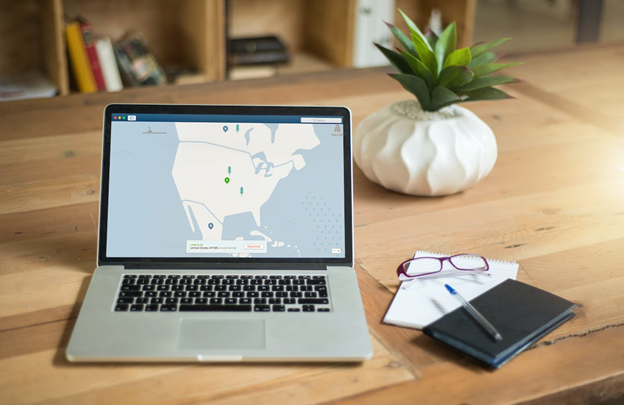Most people understand the need for privacy, primarily online. But Gregory Michael Steinberg notes with so many social platforms requiring more and more information from you, it’s hard not to yield some personally identifying info about yourself here or there.
Of course, it’s unlikely that today is your first time using the internet, so it may well be that other platforms already have your information. With Google indexing, public profiles, and web caches, it may be easier to profile you than you think.
This might not sound too important, and yes, the idea of a hacker in a hoodie furiously typing away at a military-grade laptop while matrix code displays all around them is a little old-hat, the main threat of stealing your information, or infiltrating your workplace, comes through social engineering using personal data to succeed.
In this post – Gregory Michael Steinberg will discuss a few tips you can take to secure your personal privacy, even in the midst of the digital age:
Limit Public Availability
A public profile can easily be indexed by Google. Depending on the content published on your public profile, a would-be information gatherer can quite easily pick up a timeline of your habits or identifying characteristics. Even platforms you had assumed to be safe can offer more information than you imagine – for example, even PlayStation accounts can allow for real names.
Use Disparate Usernames
If you use the same username for everything, you can easily be searched around the web notes Gregory Michael Steinberg. A handle you might use for Twitter could be the same as your “anonymous” Reddit profile, and so on. Use disparate usernames if you can, and for services you don’t trust, open an alternate email account.
Solidify Your Privacy Settings
Make sure all privacy settings are changed so that public individuals cannot access your personal data. Be wary of friend requests from those you don’t recognize. If the service has a “close friends” feature, use that to add even more security to your account.
Don’t Trust Third-Party Apps Without Good Cause
Third-party apps or extensions may seem trustworthy, but it’s good to consider how they might hoover up your data. For example – why does a Safari extension on your iPhone need access to all of your browsing data? Read the terms, and if you’re not comfortable, don’t proceed.
Verify Your Contacts & Addresses
Make sure to verify your contacts whenever you’ve been emailed or messaged. As Linus Tech Tips once found out, even a simple email attachment can lead to system infiltration. Be mindful about who you trust, and what websites or URL’s unknown contacts are using.
Enable Two-Factor Authentication
Two-factor authentication (2FA) gives you a timed code you input after entering your password. They’re usually offline and synced to a device, like the Google Authenticator on your smartphone. This will prevent someone from proceeding even if they have the basic information about your account to hand.
Use Passphrases
Instead of passwords, use passphrases you can remember. They’re harder to forget, but also harder to predict and can be quite complex. The example that Edward Snowden once gave is “MargeretThatcherIs110%Sexy,” but of course, you can opt for something much more easy to digest.
With this advice, you’ll be sure to secure your personal privacy even in the social media age. For more insight into the latest happenings in tech and innovation, look no further than Gregory Michael Steinberg.
